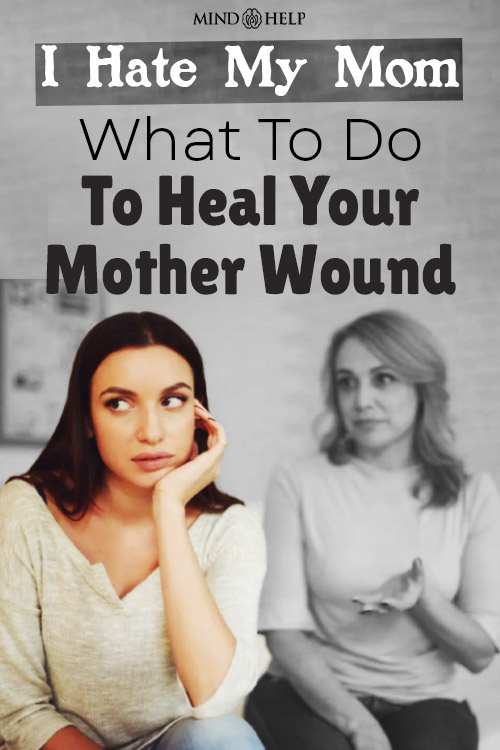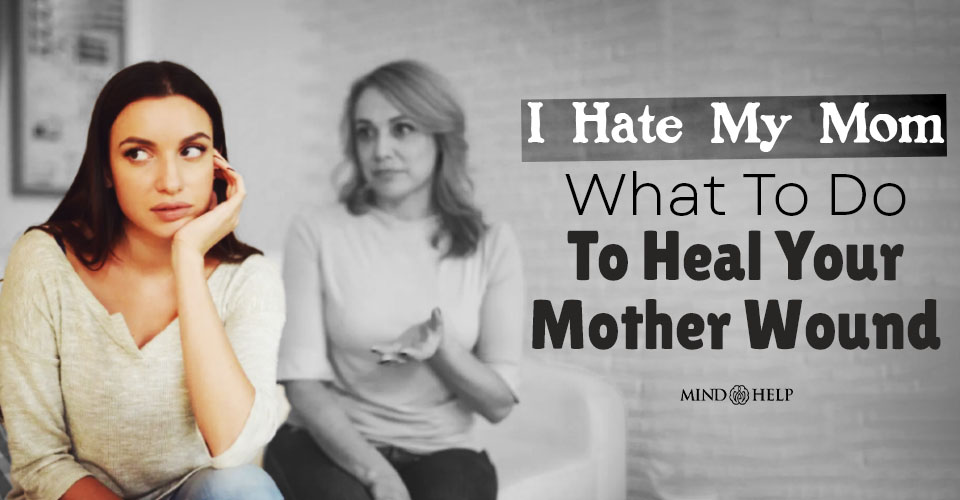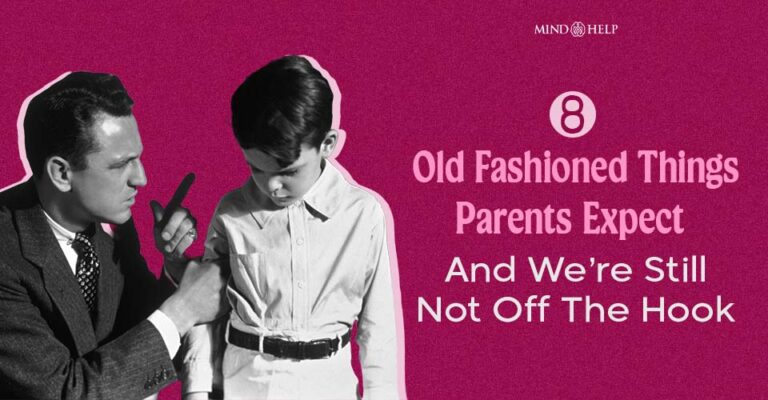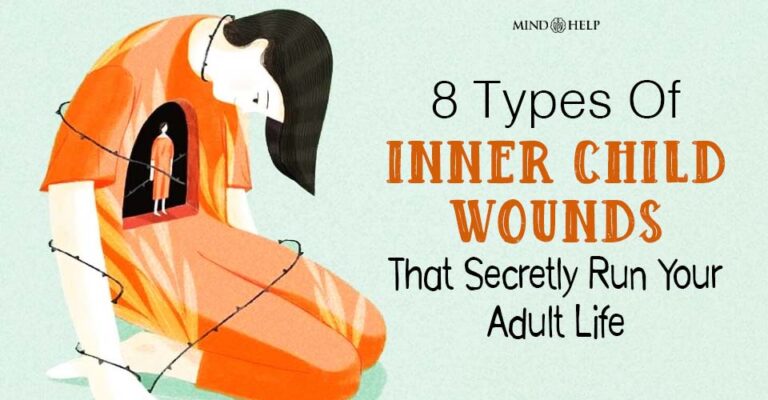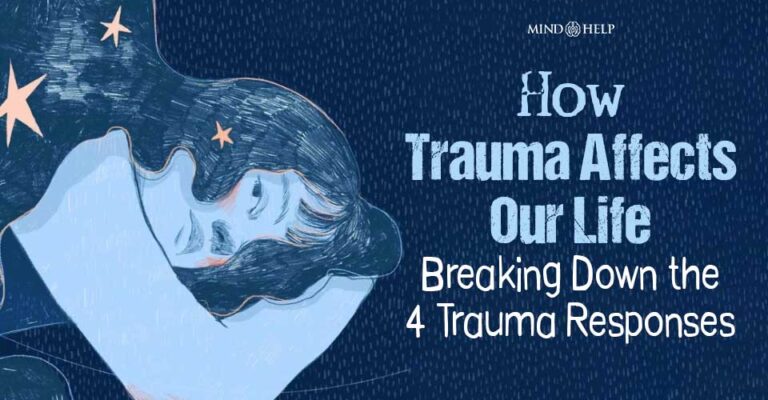As a teenager, yelling “I hate my mom!” might have felt like an emotional reflex—maybe she wouldn’t let you go to a party, or forbade you from dating someone older. But now, it’s Mother’s Day 2025, you’re a full-grown adult, and those feelings of resentment haven’t faded. So what do you do when you still hate your mom?
Start By Letting Go of the Guilt
If you’re a responsible, emotionally aware adult and you still carry anger toward your mother, that anger likely comes from somewhere real. Feeling this way doesn’t make you a bad person. It means something meaningful happened—or keeps happening—that deserves attention.
It’s one thing to lash out in your teens when emotions run high. It’s another to still feel deep-seated hate in your 20s, 30s, or beyond. And if you’re carrying these emotions well into adulthood—even as a parent yourself—you’re not alone, and your pain is not invalid.
When the Ideal Doesn’t Match Your Reality
We’re taught that mothers represent unconditional love, warmth, nurturing, and safety. So when your own mother was hurtful, abusive, neglectful, or absent, the disconnect between expectation and reality can create lasting emotional confusion and pain.
As children, we depend entirely on our mothers. We often idealize them, seeing them not as flawed individuals, but as heroes. When that illusion shatters—especially through experiences of harm—it can create profound inner conflict.
If your mother abandoned you, mistreated you, or consistently caused you pain, your feelings are legitimate. And recognizing the root of that pain is the first step toward healing.
Read: 6 Signs You Were Raised By An ‘Eggshell Parent’
Why Do I Hate My Mom?
Here are some valid reasons why you might feel resentment, anger, or hatred toward your mother:
- Toxic Behavior: Repeated criticism, emotional manipulation, or physical/verbal abuse can severely damage the mother-child bond.
- Abandonment: A mother’s absence—whether physical or emotional—can leave behind deep scars of rejection and neglect.
- Unmet Expectations: If your emotional needs went unmet, or you never felt seen or supported, resentment can build over time.
- Emotional Abuse: Being shamed, blamed, or emotionally neglected can cause long-lasting psychological harm.
- Boundary Violations: A disregard for your personal space or autonomy can lead to feelings of suffocation and anger.
- Projection of Personal Issues: Mothers with unresolved trauma or mental health issues may unconsciously project their struggles onto their children.
- Inconsistency: Unpredictable parenting can create confusion, insecurity, and emotional instability.
Understanding these dynamics is essential if you’ve ever asked yourself, “Why do I hate my mother?” Knowing the cause is the beginning of taking back your power.
Read: 10 Signs Of Childhood Trauma You Realize Late In Life
What to Do When You Hate Your Mom
If you find yourself repeatedly thinking, “I despise my mom,” here are some steps you can take to begin processing those emotions and reclaiming your life:
1. Acknowledge Your Feelings
Accept your emotions without guilt or shame. Suppressing your pain doesn’t heal it—it buries it deeper.
2. Identify Triggers
Pinpoint the specific behaviors or experiences that evoke strong emotions. Understanding the patterns can offer clarity.
3. Set Healthy Boundaries
Create emotional and physical boundaries that protect your mental health. This might mean limiting certain conversations—or even contact altogether.
4. Seek Professional Support
Therapists can guide you through this journey, helping you untangle complex emotions and learn healthy coping strategies.
5. Engage in Self-Care
Prioritize your own well-being. Whether it’s regular exercise, creative hobbies, meditation, or unplugging from social media—do what helps you feel centered. If Mother’s Day triggers you, take the day for yourself. Book a massage, go offline, and give yourself space to breathe.
6. Consider Open Communication
If it feels emotionally safe, you might choose to express your feelings to your mom. A direct conversation could lead to understanding—or at least, closure.
7. Build a Support Network
Surround yourself with people who validate your experiences and support your healing. Friends, partners, or support groups can be a lifeline.
8. Educate Yourself
Learn about dysfunctional family dynamics and emotional trauma. Understanding the broader picture can help you see that your pain is real—and you’re not alone.
9. Practice Forgiveness—If and When You’re Ready
Forgiveness is not about excusing harm. It’s about releasing the emotional grip it has on you. It’s a choice, not an obligation.
10. Evaluate the Relationship
Sometimes, choosing limited or no contact is the healthiest decision. Do what feels right for your mental and emotional health.
Moving On Is a Gift to Yourself
Children, even after being hurt, often keep hoping that one day their mom will treat them with the love and warmth they’ve always craved. When that hope keeps being dashed, it can lead to overwhelming anger and despair.
If your mother failed to protect or love you the way she should have, your pain is real. And you deserve to heal from it.
Mother’s Day can stir up complicated emotions, especially if your relationship with your mom isn’t what society expects. But you are not alone.
By uncovering the source of your pain and focusing on your own healing, you can move from asking “Why do I hate my mom?” to finally live a life of peace, strength, and self-respect—the life you’ve always deserved.
Disclaimer: This article is for informational purposes only and is not intended as a substitute for professional mental health advice, diagnosis, or treatment. While we strive for accuracy, we do not guarantee the completeness or reliability of the information provided. Readers should always seek guidance from a qualified mental health professional for any concerns regarding their mental well-being.
